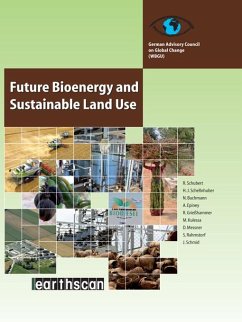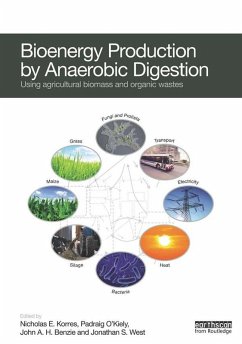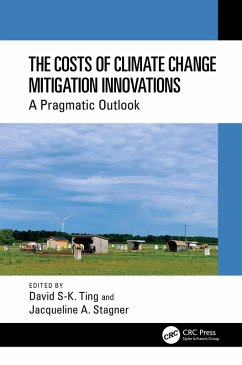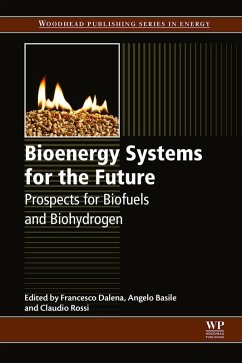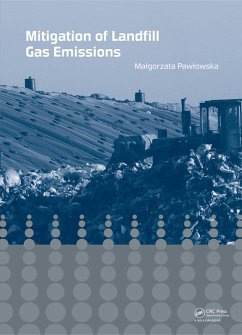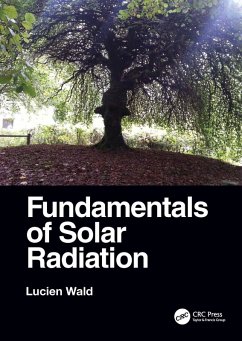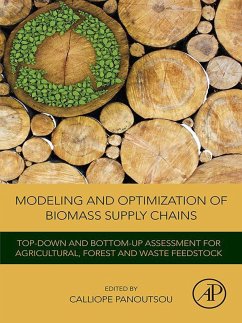
Bioenergy for Power Generation, Transportation and Climate Change Mitigation (eBook, ePUB)
Present Status and Future Trends
Versandkostenfrei!
Sofort per Download lieferbar
79,95 €
inkl. MwSt.
Weitere Ausgaben:

PAYBACK Punkte
40 °P sammeln!
Understanding bioenergy and climate change mitigation requires knowledge of several disciplines, from thermodynamics in the study of power generation to biochemistry and policy in the case of biofuels and energy trade. The first three parts of this book provide the scientific and technical background for the production and use of bioenergy. They consider the chemistry, biochemistry and physics of the production and use of solid, liquid and gaseous biofuels. The fourth part describes the political forces that drive and deter renewable energy production on the global scale, and demonstrates how ...
Understanding bioenergy and climate change mitigation requires knowledge of several disciplines, from thermodynamics in the study of power generation to biochemistry and policy in the case of biofuels and energy trade. The first three parts of this book provide the scientific and technical background for the production and use of bioenergy. They consider the chemistry, biochemistry and physics of the production and use of solid, liquid and gaseous biofuels. The fourth part describes the political forces that drive and deter renewable energy production on the global scale, and demonstrates how global politics and economics combine with climate change policy to produce the energy transition. The book will be invaluable for graduate researchers, academics and climate change scientists, and decision-makers in the energy industry.
Key Features
Key Features
- Provides comprehensive coverage of the latest research on biomass and biofuels for power generation and transportation
- Covers the fundamentals of biomass and biofuels, conversion of biomass and biofuels into energy, biomass power generation technology, liquid biofuels, and the state-of-the-art emerging technologies
- Includes environmental and socio-economic impacts, climate change mitigation, sustainability, the latest global issues and energy policy
- Contains pedagogical features such as examples, case studies, activities, chapter summaries, questions, problems and suggestions for assignments and projects
Dieser Download kann aus rechtlichen Gründen nur mit Rechnungsadresse in A, D ausgeliefert werden.




